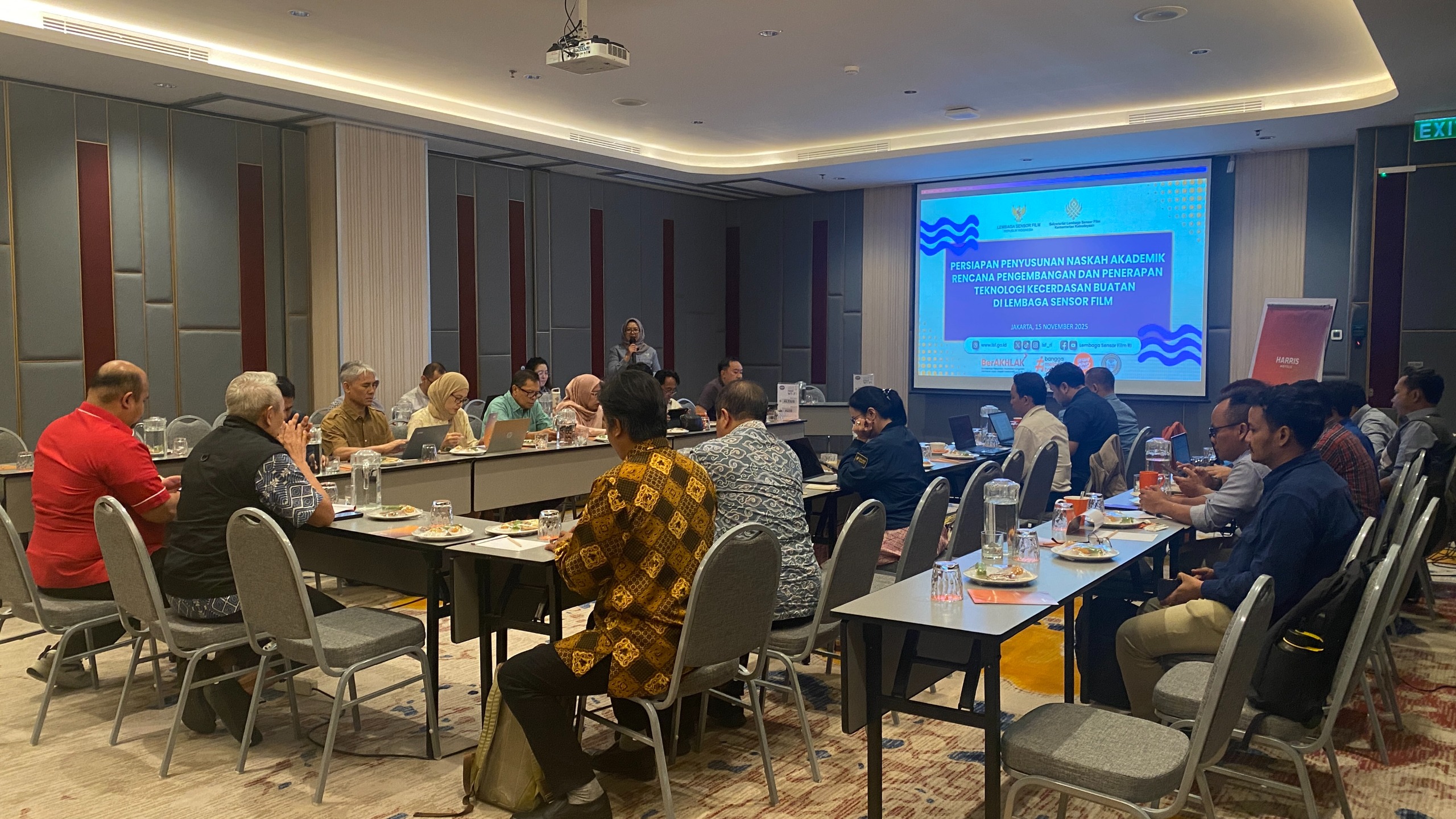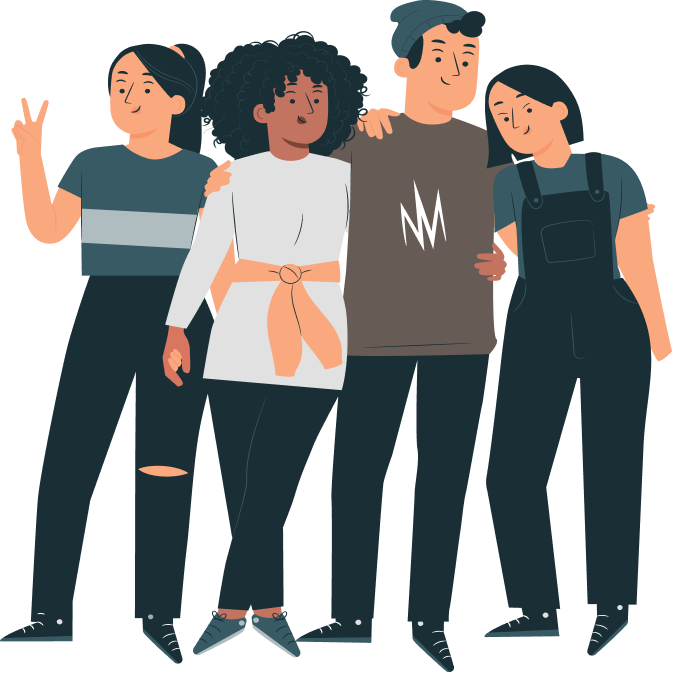
AI for Fair and Transparent Film Censorship
Jakarta, November 13, 2025 , the Film Censorship Institution of the Republic of Indonesia (LSF RI), together with the Artificial Intelligence Center of the Bandung Institute of Technology (ITB), held a preparatory meeting on Thursday (13/11) to draft an academic paper for the Development and Implementation Plan of Artificial Intelligence Technology in Indonesia’s national censorship system.
The initiative marks an early step toward modernizing the country’s film censorship framework by integrating AI-based tools to enhance efficiency, accuracy, and fairness in the censorship process.
LSF Vice Chair Noorca M. Massardi, who opened the session, emphasized the need for institutional readiness amid evolving digital-era regulations particularly because Indonesia’s Film Law No. 33/2009 has yet to clearly define “information technology networks” (JTI). “If, in the future, all content on OTT platforms is required to undergo censorship, we must be ready both in terms of systems and policy,” he explained.
Noorca also underscored that AI should function as an aid, not a replacement for human censors. “We must not lose the essential role of our censorship officers. Technology should illuminate the process, not erase the human element,” he added.
Presenting the technical framework, Nugraha Priya Utama from the ITB AI Center noted that the current manual censorship system is no longer sufficient to cope with the exponential growth of digital content. “We want a censorship system that is efficient, fair, and built on integrity. AI will not replace human decision making, it strengthens it through transparent data and algorithms,” Nugraha said.
He explained that technologies such as convolutional neural networks (CNN) and long short-term memory (LSTM) networks can be used to analyze images, audio, and text within films. These models can help detect scenes involving violence, pornography, and hate speech with a high degree of accuracy. However, final decisions must remain human-driven through a human-in-the-loop approach to safeguard cultural context and Indonesian values.
Several challenges were highlighted during the session, including training-data bias, gaps in cultural-context understanding, and the need for continuous auditing and capacity building. “AI cannot comprehend symbolic or semiotic meaning in films without human guidance. That’s why collaboration between censorship authorities and academics is crucial,” Nugraha stressed. (Fay/Nuz)








